Ontario Succession: Ontario is Canada, Right?
Ontario's Relationship with Canada: Politics, Economics, and Public Sentiment
Ontario: Key Facts
Ontario joined Canada as one of the original four provinces at Confederation on July 1, 1867. As Canada's most populous province, Ontario holds 121 seats in the House of Commons out of 338 total representatives, giving it substantial political influence in Parliament.
The province has a population of approximately 14.8 million people (2021 census). The three largest cities and their populations are:
-
Toronto: 2.8 million (6.2 million in the Greater Toronto Area)
-
Ottawa: 1 million
-
Mississauga: 718,000
Economic Overview
Ontario has Canada's largest provincial economy, accounting for about 37% of the national GDP. Its economy is diverse, with strengths in:
-
Manufacturing (particularly automotive)
-
Financial services
-
Technology
-
Mining
-
Agriculture
-
Tourism
The average household income in Ontario is approximately $97,000 CAD, slightly above the national average. However, there are significant regional disparities between urban centers like Toronto (higher incomes) and rural or northern communities.
Important Context: Separatism Claims
It's crucial to note that unlike Quebec, Ontario does not have a significant separatist movement. There is no mainstream political discourse about Ontario seceding from Canada. Unlike Quebec's historical sovereignty debates, Ontario has traditionally been central to Canadian federalism.
Actual Political Tensions
While separatism isn't a realistic consideration, Ontario-Ottawa tensions do exist:
Federal-Provincial Disputes
Ontario governments (regardless of party) have historically engaged in disputes with the federal government over:
-
Fiscal federalism: Debates about equalization payments and Ontario's contribution to federal revenue versus services received
-
Infrastructure funding: Disagreements over federal contributions to provincial projects
-
Environmental regulations: Tensions over carbon pricing and climate initiatives
-
Healthcare funding: Ongoing negotiations about federal health transfers
Public Sentiment
Ontario residents' main complaints about the federal government typically involve:
-
Regional representation: Despite having the most seats, some Ontarians feel the province's interests are sometimes sacrificed for national unity
-
Cost of living: Concerns that federal policies don't adequately address housing affordability and inflation
-
Immigration policies: Debates about settlement resources for newcomers, particularly in urban centers
-
Infrastructure investment: Perceptions about inadequate federal funding for transit and housing
Major Challenges Facing Ontario
The province faces several significant challenges:
-
Housing affordability crisis: Particularly acute in the Greater Toronto Area
-
Healthcare system strain: Hospital capacity issues and staffing shortages
-
Aging infrastructure: Requiring significant investment
-
Climate change adaptation: Managing extreme weather events and environmental impacts
-
Economic transition: Shifting from traditional manufacturing to knowledge economy sectors
Political Perspective
Political leaders across major Ontario parties generally advocate for a stronger voice within confederation rather than separation. Current and former premiers have pushed for greater provincial autonomy in certain policy areas while maintaining commitment to Canadian federalism.
No mainstream Ontario political figures advocate for secession, unlike Quebec's historical sovereignty movement. Public opinion polling shows consistently strong support for remaining within Canada.
In summary, while Ontario-Ottawa tensions exist around specific policy areas, they represent typical federal-provincial dynamics rather than separatist sentiment. Ontario continues to function as the economic and political center of Canadian confederation with no significant movement toward independence.
Author: Mark Bajanen with the assistance of Type.AI for details


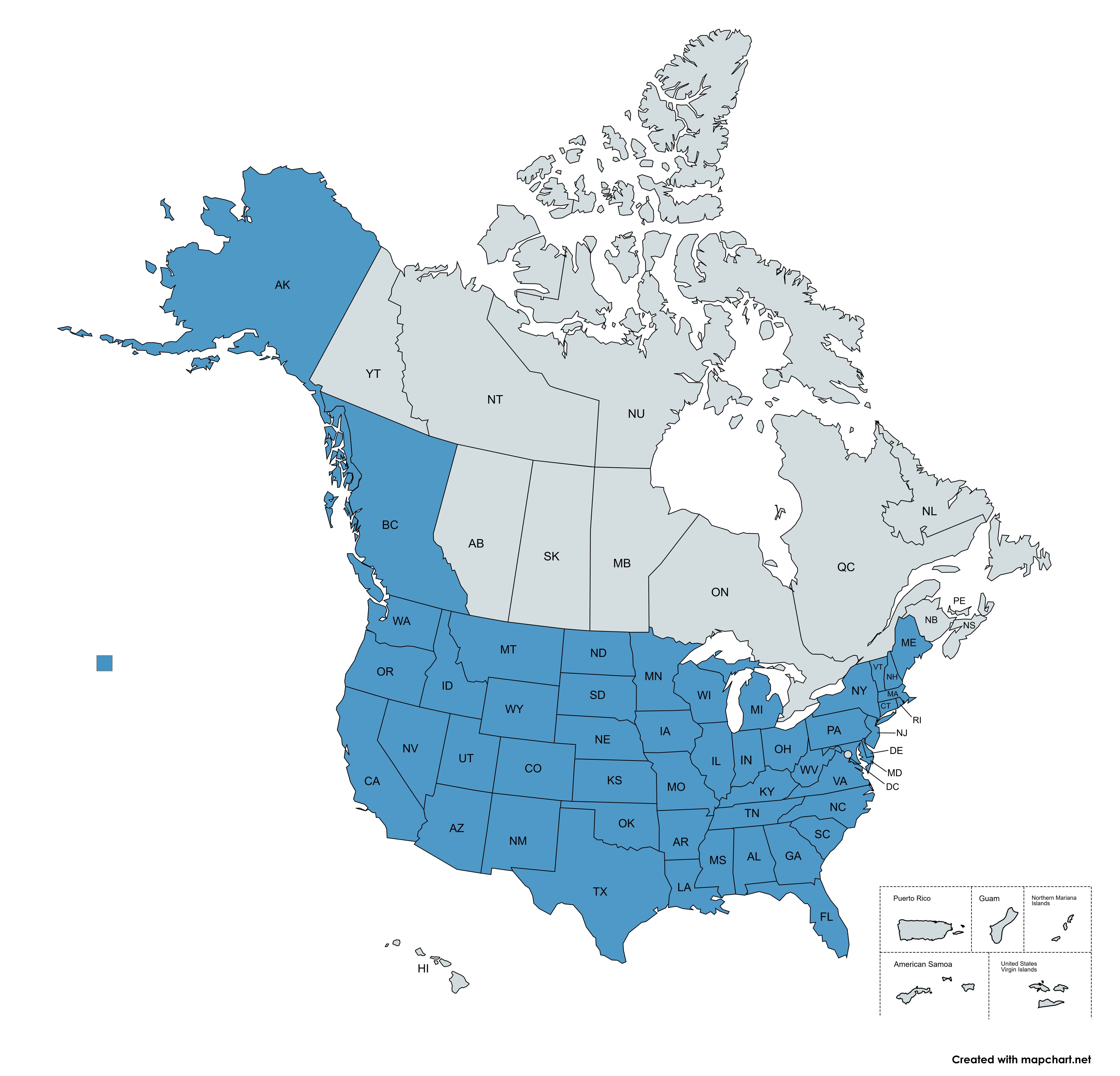
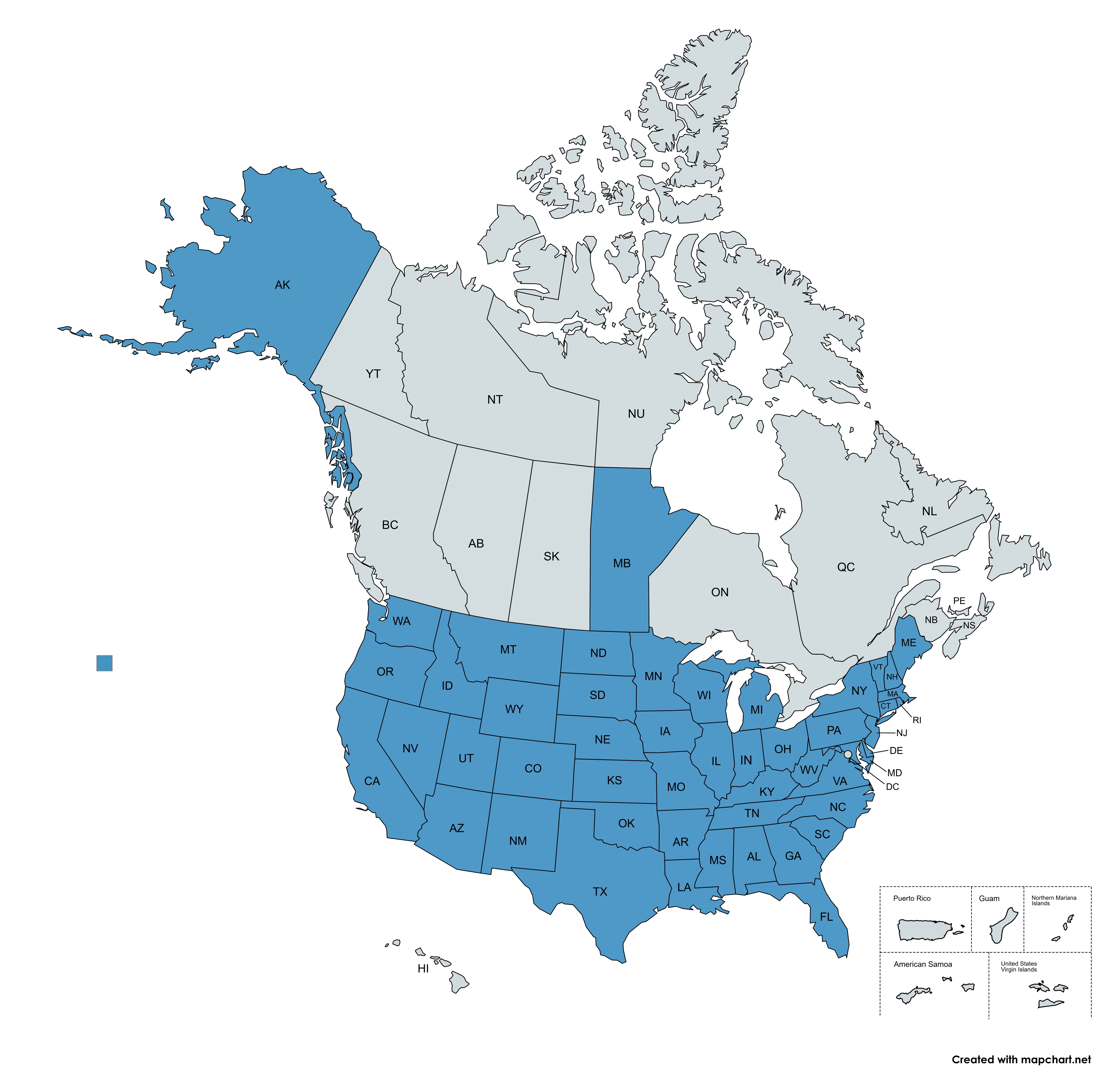
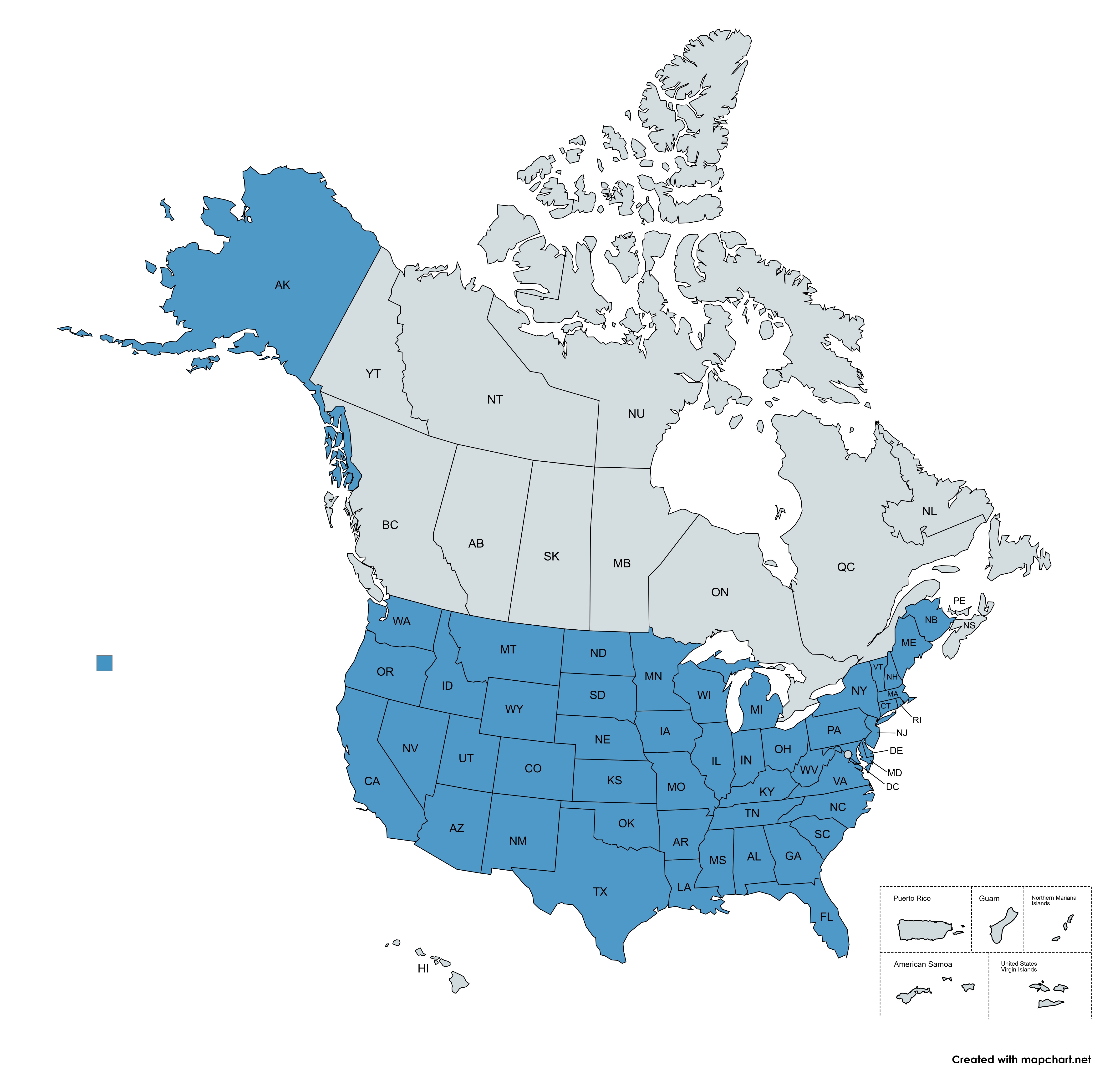
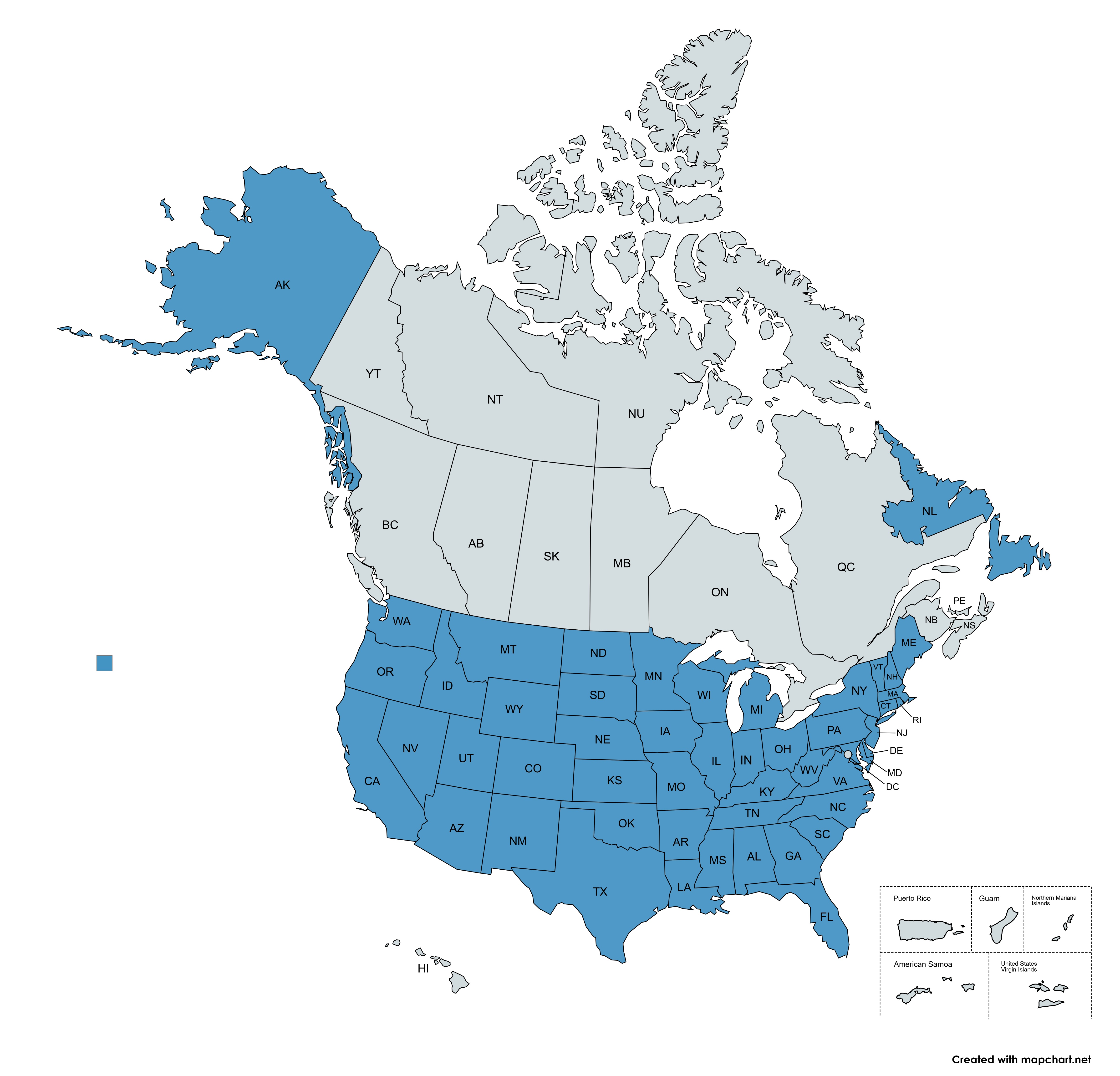
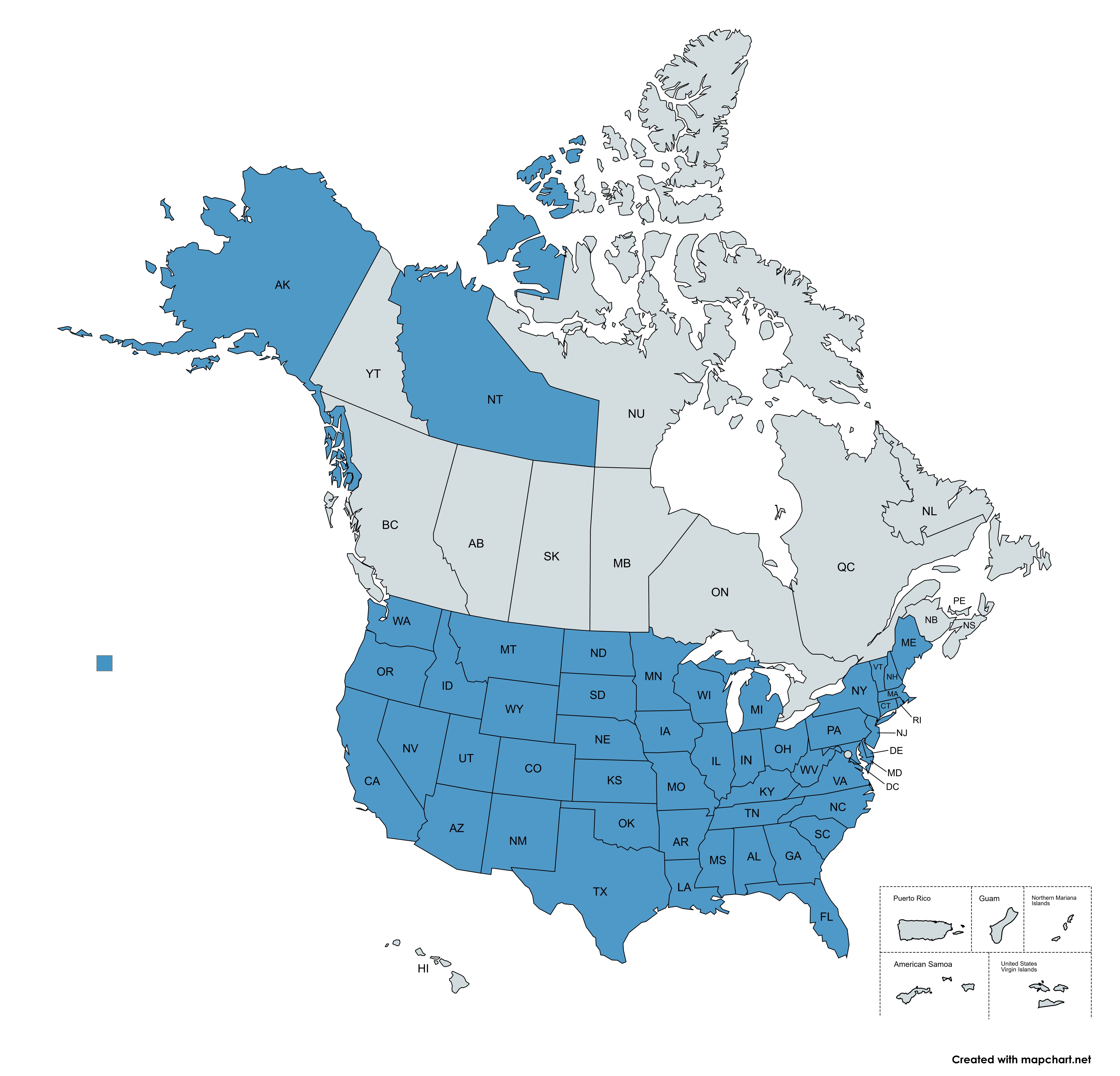
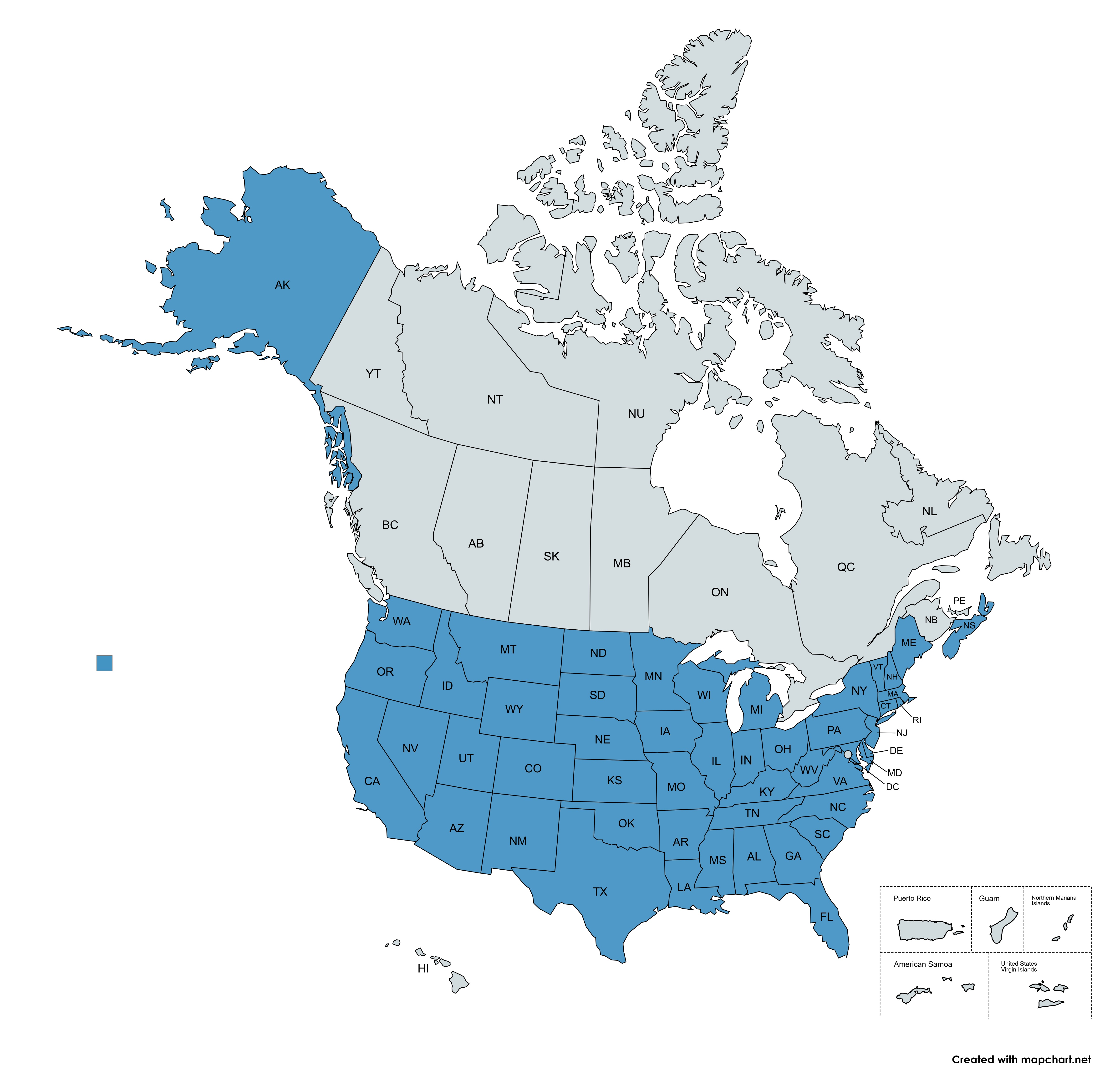
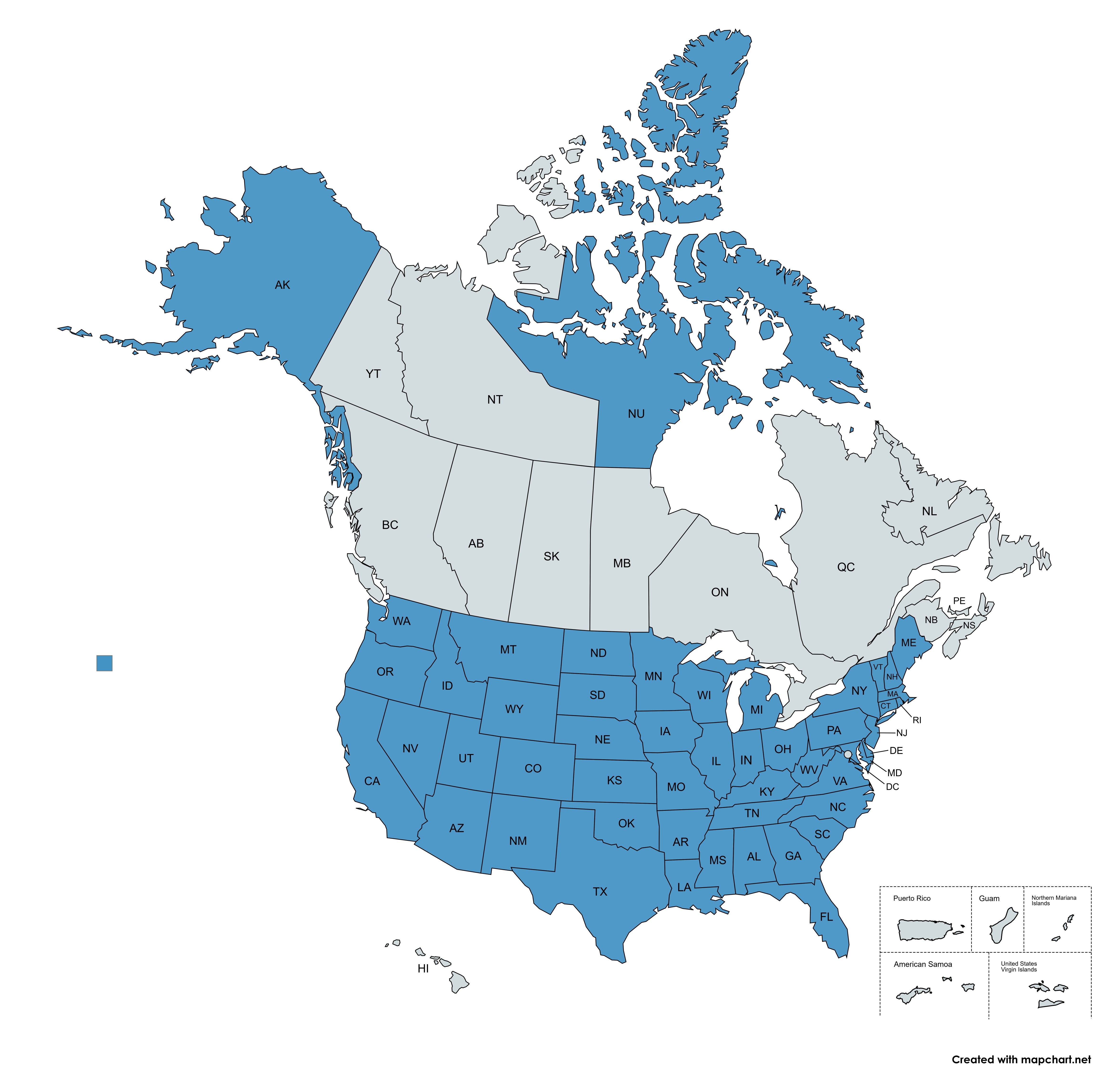
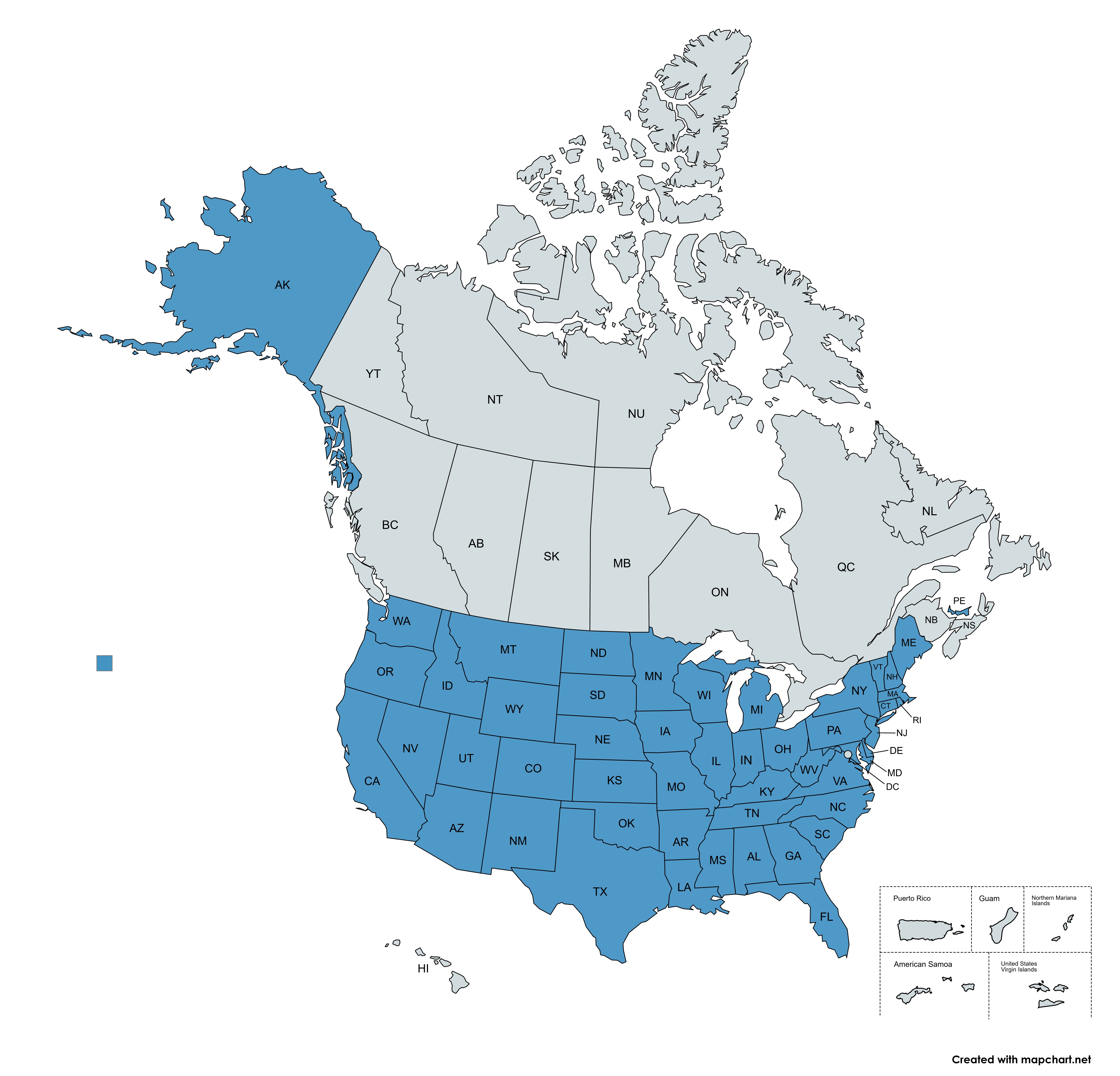

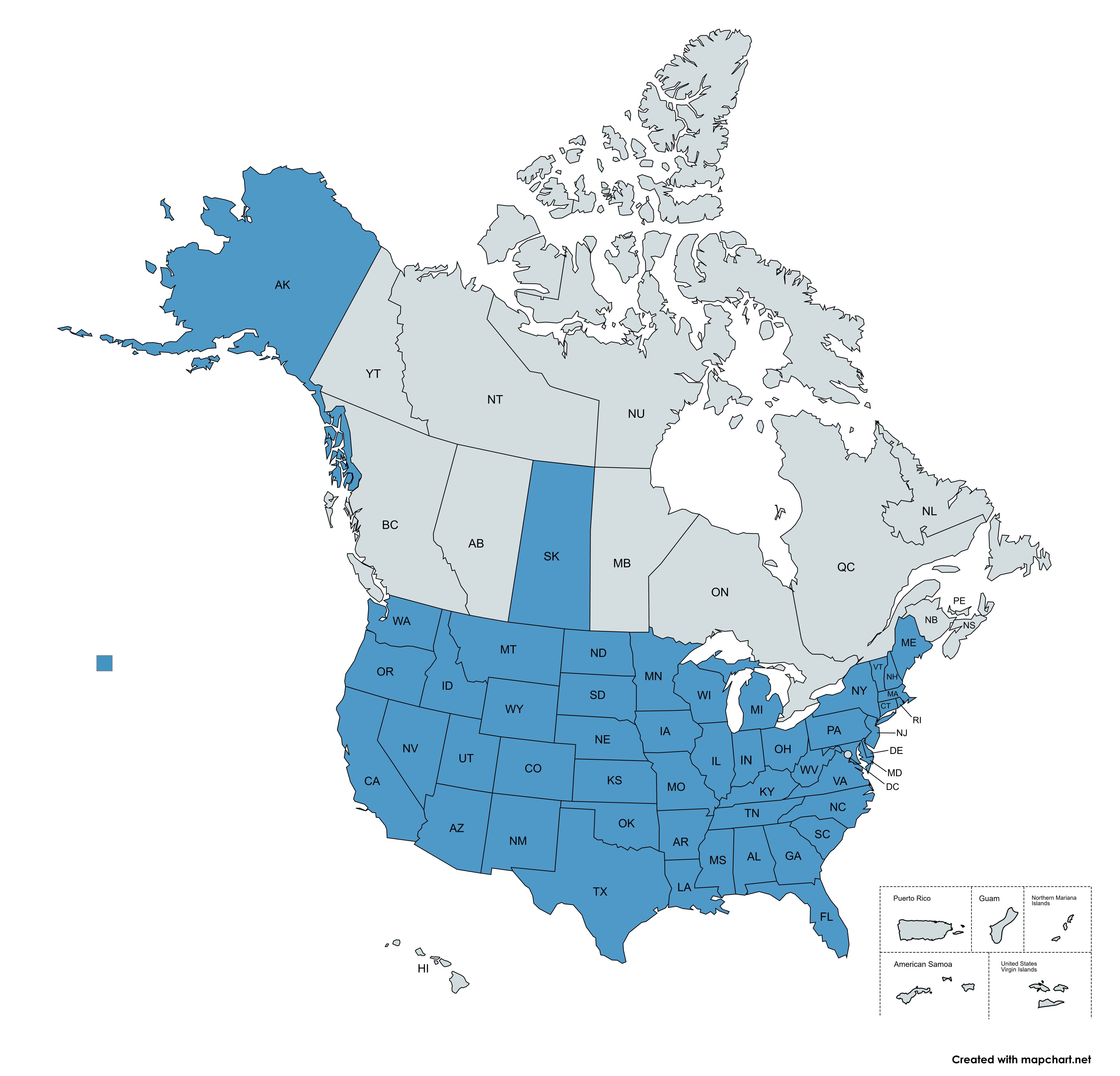
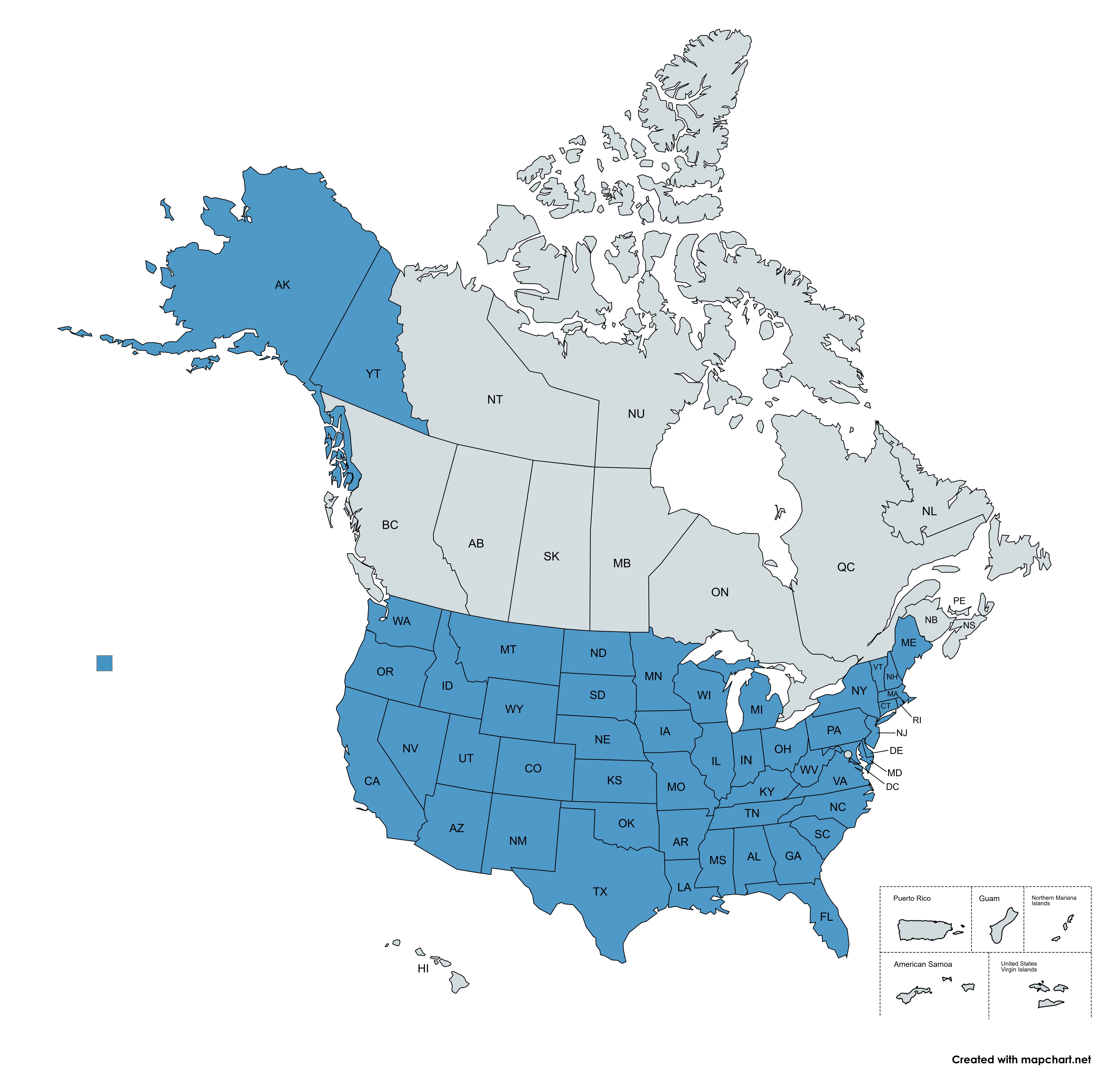
Comments
No comments yet. Be the first to comment!